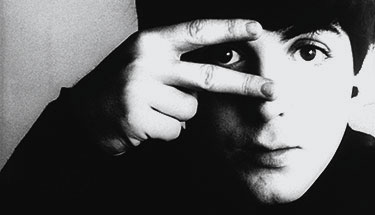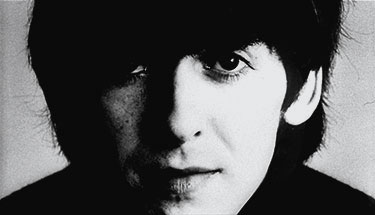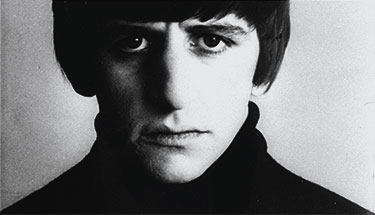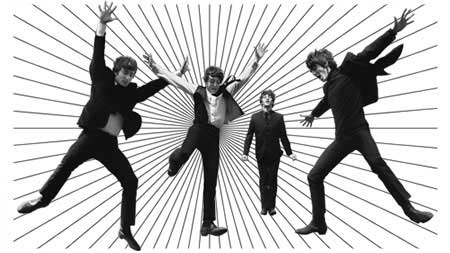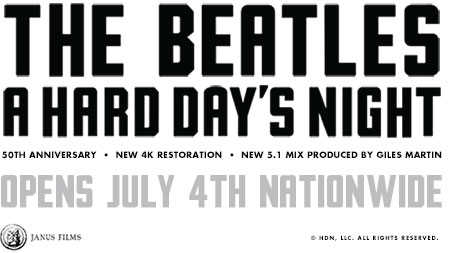CAST
John Lennon • Paul McCartney • George Harrison • Ringo Starr
with
Wilfrid Brambell: Grandfather
Norman Rossington: Norm
John Junkin: Shake
Victor Spinetti: TV director
Richard Vernon: Man on train
Anna Quayle: Millie
Alison Seebohm: Secretary
Kenneth Haigh: Simon Marshall
Julian Holloway: Adrian
Robin Ray: TV floor manager
Lionel Blair: Choreographer
David Janson: Charley
Bob Godfrey: Bearded man in pub
John Bluthal: Car thief
Eddie Malin: Hotel waiter
Deryck Guyler: Police sergeant
Michael Trubshawe: Club manager
Pattie Boyd: Blonde schoolgirl on train
Prudence Bury: Brunette schoolgirl on train
Norman Rossington: Norm
John Junkin: Shake
Victor Spinetti: TV director
Richard Vernon: Man on train
Anna Quayle: Millie
Alison Seebohm: Secretary
Kenneth Haigh: Simon Marshall
Julian Holloway: Adrian
Robin Ray: TV floor manager
Lionel Blair: Choreographer
David Janson: Charley
Bob Godfrey: Bearded man in pub
John Bluthal: Car thief
Eddie Malin: Hotel waiter
Deryck Guyler: Police sergeant
Michael Trubshawe: Club manager
Pattie Boyd: Blonde schoolgirl on train
Prudence Bury: Brunette schoolgirl on train

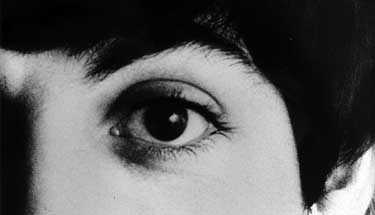
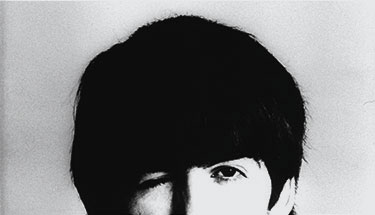
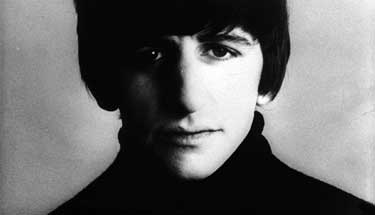
Credits
Director: Richard Lester
Producer: Walter Shenson
Writer:Alun Owen
Director of Photography: Gilbert Taylor, BSC
Camera Operator: Derek V. Browne
Editor: John Jympson
Musical Director: George Martin
Songs by: John Lennon & Paul McCartney
Associate Producer: Denis O’Dell
Assistant Director: John D. Merriman
Art Director: Ray Simm
Costume Designer: Julie Harris
Beatles Wardrobe: Dougie Millings & Son
Wardrobe Master: Ernest Farrer
Set Dresser: Ken Bridgeman
Hairdresser: Betty Glasow
Makeup: John O’Gorman
Sound Recordists: H.L. Bird, Stephen Dalby
Sound Camera: M. Silverlock
Casting Director: Irene Lamb
End Credit Design: Robert Freeman

Richard Lester
Born in Philadelphia in 1932, Richard Lester began his career in moving images early, starting in local television at the age of eighteen and rising from stagehand to director in a single year—“because there was just no one else to do it.” Restless and eager to explore the possibilities of the young medium, he moved to London three years later, landing gigs directing live dramas as well as the one-off variety program The Dick Lester Show. The sheer oddity of the program caught the attention of Peter Sellers, who phoned Lester the next day with the backhanded compliment “Either that was the worst show that has ever been on British television or you may be on to something.”
The two struck up a friendship, and Lester soon found a niche working with Sellers and Spike Milligan on a series of programs that brought the anarchic humor of their beloved radio comedy The Goon Show to television. Moving into film, the trio improvised a series of surreal day-in-the-country gags for the theatrical short The Running Jumping & Standing Still Film (1960). Nominated for an Academy Award, the film set Lester on a new path, directing the trad-jazz performance film It’s Trad, Dad! (1962) and The Mouse on the Moon (1963), whose producer, Walter Shenson, subsequently called upon Lester to direct the much-anticipated “Beatles movie.” Impressed by Lester’s background with the Goons, the band gave him their full trust, which led to the landmark musical-cultural event that was A Hard Day’s Night (1964). A smash success, the film established the Lester style: fast cutting, exquisite montage, and, above all, a sense of spontaneity.
Not missing a beat, Lester turned out the Palme d’Or-winning satire The Knack . . . and How to Get It (1965) and the Hard Day’s Night follow-up Help! (1965) in quick succession. The musical adaptation A Funny Thing Happened on the Way to the Forum (1966)—featuring Buster Keaton in his last role—followed, before a trio of remarkable films that helped solidify Lester’s reputation as one of the most daring directors of the 1960s. How I Won the War (1967), which features John Lennon in a major role, was a stark and satirical look at World War II; the wildly imaginative The Bed Sitting Room (1969), based on a play by Milligan, imagined postapocalyptic Britain as a rubble-strewn wasteland filled with everyday families still trying to get on; and Petulia (1968) paired George C. Scott and Julie Christie in a story of broken dreams and failed romance.
After a three-year hiatus, Lester returned with a series of beloved historical adventure films, including The Three Musketeers (1973); its sequel, The Four Musketeers (1974); Royal Flash (1975); and Robin and Marian (1976), with Sean Connery and Audrey Hepburn.
After helming two Superman films in the 1980s, Lester’s output slowed, until he capped his feature career with the Paul McCartney concert film Get Back (1991). In 1993, he presented a five-part BBC series on the British cinema of the 1960s, and in 2000, he collaborated with fellow filmmaker Steven Soderbergh on an acclaimed book of interviews called Getting Away with It, or The Further Adventures of the Luckiest Bastard You Ever Saw. Lester currently resides with his wife in Petersham, England.
Richard Lester Filmography
1960 The Running Jumping & Standing Still Film (short)
1962 It’s Trad, Dad! (a.k.a. Ring-a-Ding Rhythm!)
1963 The Mouse on the Moon
1964 A Hard Day’s Night
1965 The Knack . . . and How to Get It
1965 Help!
1966 A Funny Thing Happened on the Way to the Forum
1967 How I Won the War
1968 Petulia
1969 The Bed Sitting Room
1973 The Three Musketeers
1974 The Four Musketeers
1974 Juggernaut
1975 Royal Flash
1976 Robin And Marian
1976 The Ritz
1979 Butch And Sundance: The Early Days
1979 Cuba
1980 Superman II
1983 Superman III
1984 Finders Keepers
1989 The Return Of The Musketeers
1991 Get Back (Documentary)

